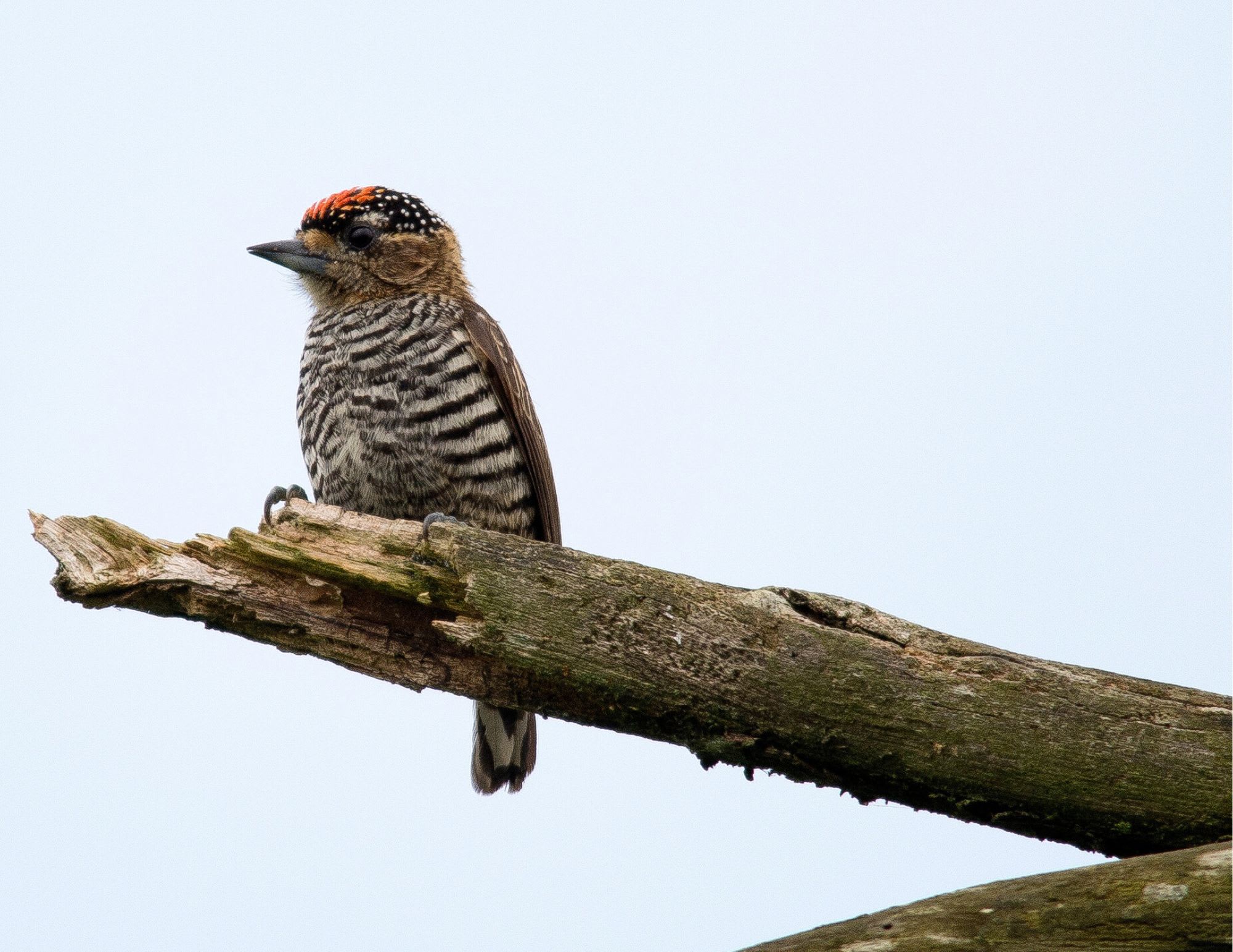
Theory of Change
- Raised
- $0
- Goal
- $20,000
Ecological restoration and human-wildlife interactions: Theory of Change to promote coexistence in the Atlantic Forest, Brazil.
The Forest Experiment Center, the headquarters of the SOS Mata Atlântica Foundation, located in Itu in the state of São Paulo, is a 526-hectare farm which used to be a coffee plantation and cattle ranch. Since 2007, after we began the process of forest restoration, one of the purposes of the Center has been to involve the neighbor’s community in socio-environmental issues through hosting nature activities in our spaces such as the Atlantic Forest native seedling nursery, the sensory garden, the forest trail and the library. Every year, the space welcomes around 5,000 visitors, mostly teachers and students, for nature experiential learning activities.
Partnering with local universities has made it possible for the forest restoration efforts to successfully attract 208 species of birds, two of which are facing extinction, and twenty native species of medium and large mammals, such as the southern tigrina (Leopardus guttulus), the jaguarundi (Puma yagouaroundi), the neotropical otter (Lontra longicaudis), the lowland paca (Cuniculus paca), the couger (Puma concolor), among others. Of the registered native species, six are under some degree of extinction threats.
Biodiversity is fundamental to the planet’s health and the survival of all species, including human beings. Many species are at risk of extinction due to the destruction of their natural habitats and human actions.
Based on this, the Theory of Change was initiated to identify the actions needed for human-wildlife coexistence.
Main goal: To promote actions minimizing the conflicts in human-wildlife coexistence.
Education and Communication Activities:
- Implementing educational actions with the neighbouring communities.
- Launching publicity campaigns to promote the work of the Forest Experiment Center in the municipality of Itu, São Paulo.
